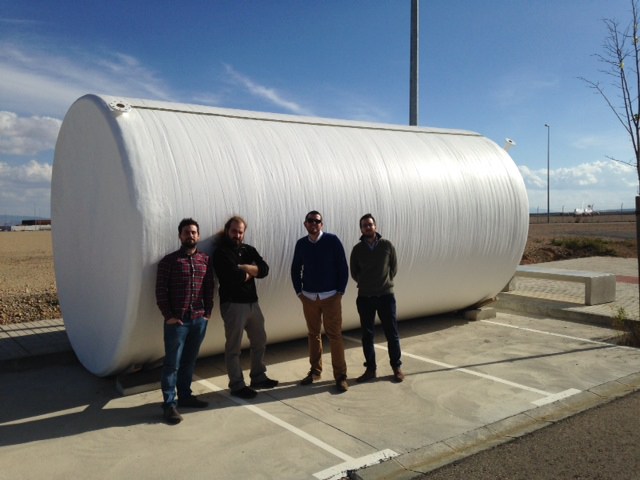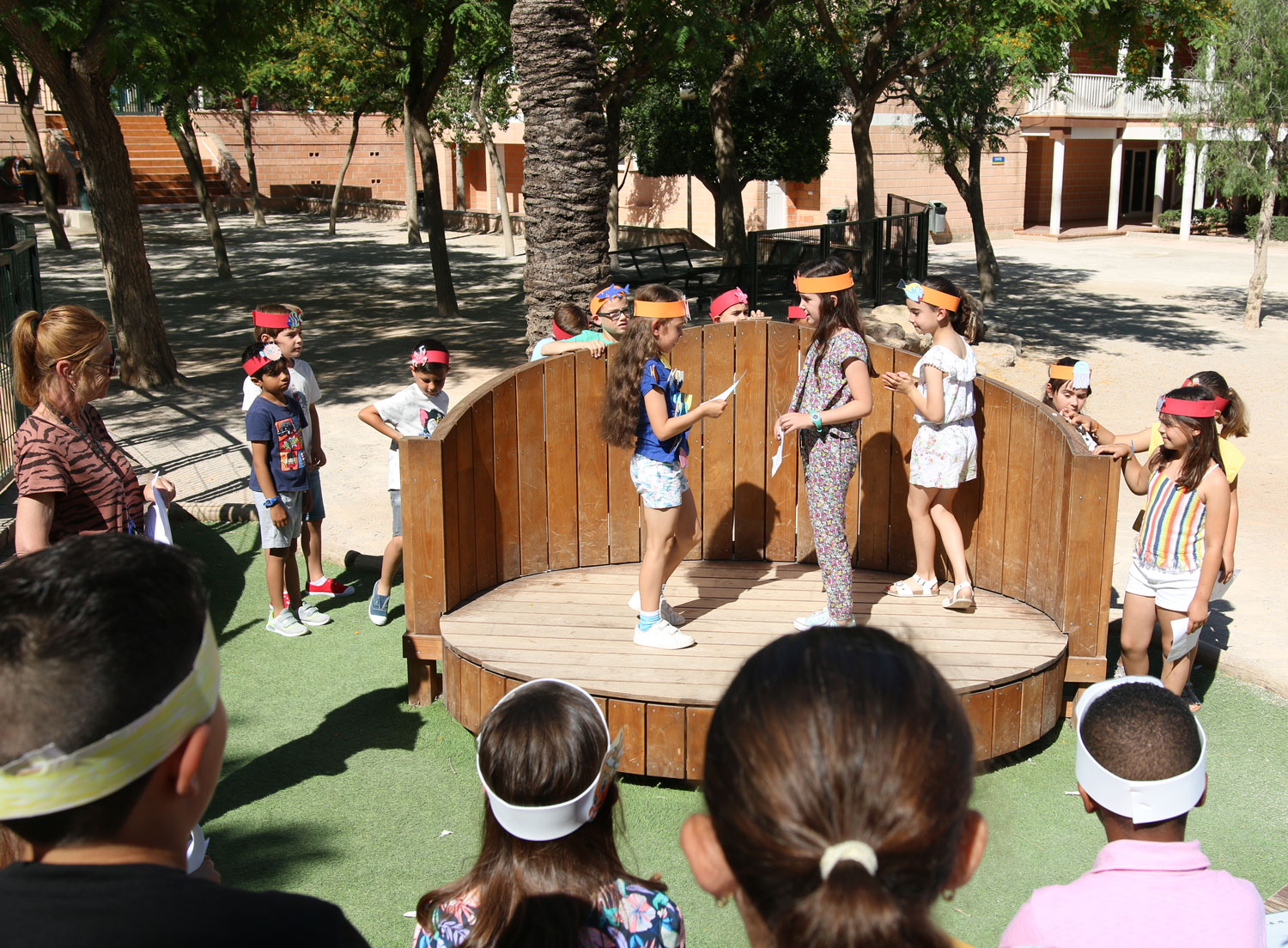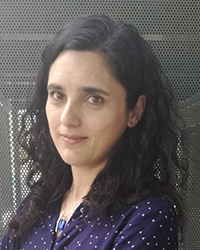Investing Across Borders: Valencian Lawyer Helps World Bank
When the World Bank needed a report on company investment possibilities
in Spain, they looked no further than Valencia’s Calle Colón and top Valencian lawyer Jaime Almenar.
For two years running, top Valencian lawyer and expert in regulation Jaime Almenar Belenguer has been called upon to lend a hand (he offered money but they said ‘no’) when the World Bank set about compiling a report entitled ‘Investing Across Borders’, in which it sought to explain the pros and cons of investing in 87 countries.
Jaime, who had been working for top law firm Úria Menéndez, was called upon to explain the bureaucratic problems facing foreign investors in Spain, and was pleased to state that there were in fact very few, apart from military contracts and, in the case of telecommunications and public contracts, only restrictions in the cases of countries that did not offer reciprocity to Spanish companies investing there.
The 190 page report is a vital source of reference for companies, and particularly those of emerging nations, who are interested in establishing themselves in Spain and, thanks to Jaime, will be even more motivated in doing so now.
In his office Jaime showed Valencia International his certificate of thanks from Janamitra Devan the Vice President of Finance and Private Sector Development of the World Bank Group.
Law is a passion in Jaime Almenar’s life, and it’s not surprising when you consider that his mother was a midwife. His father however is a lawyer and his elder brother and sister are judges. This is a family whose members haven’t spent much time behind bars!
Many people reckon that in the lucrative world of the mobile telephone market there are enough abuses to require legal action (preferably sending in Eliot Ness and the Untouchables) and perhaps that was why Jaime Almenar left his post as a state lawyer in the Inland Revenue to take up the position of Secretary of the Spanish Telecommunications Market Commission in Barcelona (‘CMT’).
Jaime, who was born in 1972, forms part of a new Spanish generation of business people and technocrats, a generation that doesn’t remember Franco and that doesn’t conceive of any other system than a democracy.
He was educated in both religious and state schools and maintains his friendships from those days. He considers the English language essential both for professional and cultural purposes (he’s a fan of Monty Python) and his youngest brother, an engineer, until recently worked in Essex for a company connected with the Ford Motor Company.
He followed his father’s footsteps into Law School, despite his father’s warnings that it was a profession full of risks, which is where he met his wife, who now works as a bank manager, and with whom he has two daughters.
Before joining the CMT, he was a state lawyer for 7 years, 2 of which were in Barcelona and had to prepare cases against those citizens suspected of cheating on their tax returns, which covers most of us I suppose.
The state monopoly of communications through TVE and Telefónica was created in Spain even before Franco, and only began to be liberalised in the late 80s. The challenge facing Spain now is to keep up to date with the rest of Europe as it launches into digital technology.
In his job in the Telecommunications Market Commission he helped to ensure fair play in all areas of communication, including TV, radio and broadband, and his job as legal counsel to the Commission was to ensure the legality of all operations within this market. The Commission does not however deal with consumer complaints, which is the job of other Consumer Watchdog organisations, as I discovered when angrily waving my Movistar bill in his face.
From his time at the Telecommunications Market Commission, he feels that he had then unique opportunity to get to know a complicated market normally only understood by engineers, a market full of new hi-tech and structural developments
Regarding the law in Spain, he considers it very different from American court case films, especially as lawyers here almost never raise an ‘objection’, and are not, unfortunately, allowed to approach or intimidate a witness.
He recognised that English law, based as it is on jurisprudence, is better for lawyers, in that they can demonstrate their knowledge better. Best of all though, English lawyers can wear silk wigs, whereas here they have to settle for just gowns, although apparently they do hold wig weekends in the privacy of their own homes, a right guaranteed under the Spanish Constitution.
Jaime also mentioned Jury Trials, which have existed in Spain since 1995, and which are not such a good idea in his opinion, as they leave important, complicated decisions in the hands of non-experts.
Having discussed Justice we moved on to important matters and the recent successes of Valencia Football Club and the city-wide nostalgia for the glory days of Rafa Benitez, and the hope that he’ll one day return.
Jaime spends a lot of his free time in Javea, where his in-laws have a villa and his mother-in-law worked for the Department of Social Security in Denia, while his father-in-law is a regular reader of the British press, from which he taught himself English out of curiosity to know what British residents think in Spain think. (If he improves sufficiently he might find out that we don’t!)
In September 2007, Jaime accepted a new challenge and joined the prestigious Spanish and international legal firm of URÍA MENÉNDEZ in order to run their Valencian department of public law, with particular attention to tenders, public works, expropriations, coastal laws, water rights and highways. In doing so he frequently had to deal with English-speaking clients and read texts in English.
As a bit of an Anglophile, Jaime has been to Britain twice, experiences from which he mainly recalls the squirrels in Saint James’ Park, (which he at first thought were rats), the British Museum and the fact that the receptionist at his hotel near the Tower of London was Spanish!
Nevertheless he speaks excellent English, and he also regularly watches the BBC World Service, which he finds very clear, entertaining and informative, and easy to follow.
Be that as it may, both he and his brother used the word ‘cold’ to describe the English and highlighted the problematic nature of the British character, especially as regards the European Union.
Since April 2013 however, he has been facing a new challenge, having been head-hunted by the Madrid law firm Albiñana & Suárez de Lezo, part of the CMS legal group to join their team in the Spanish capital.
There he has taken his place among the 5,000 staff operating out of 54 offices in 48 cities in 29 countries throughout the world.
Our loss is Madrid’s gain.












Recent Comments